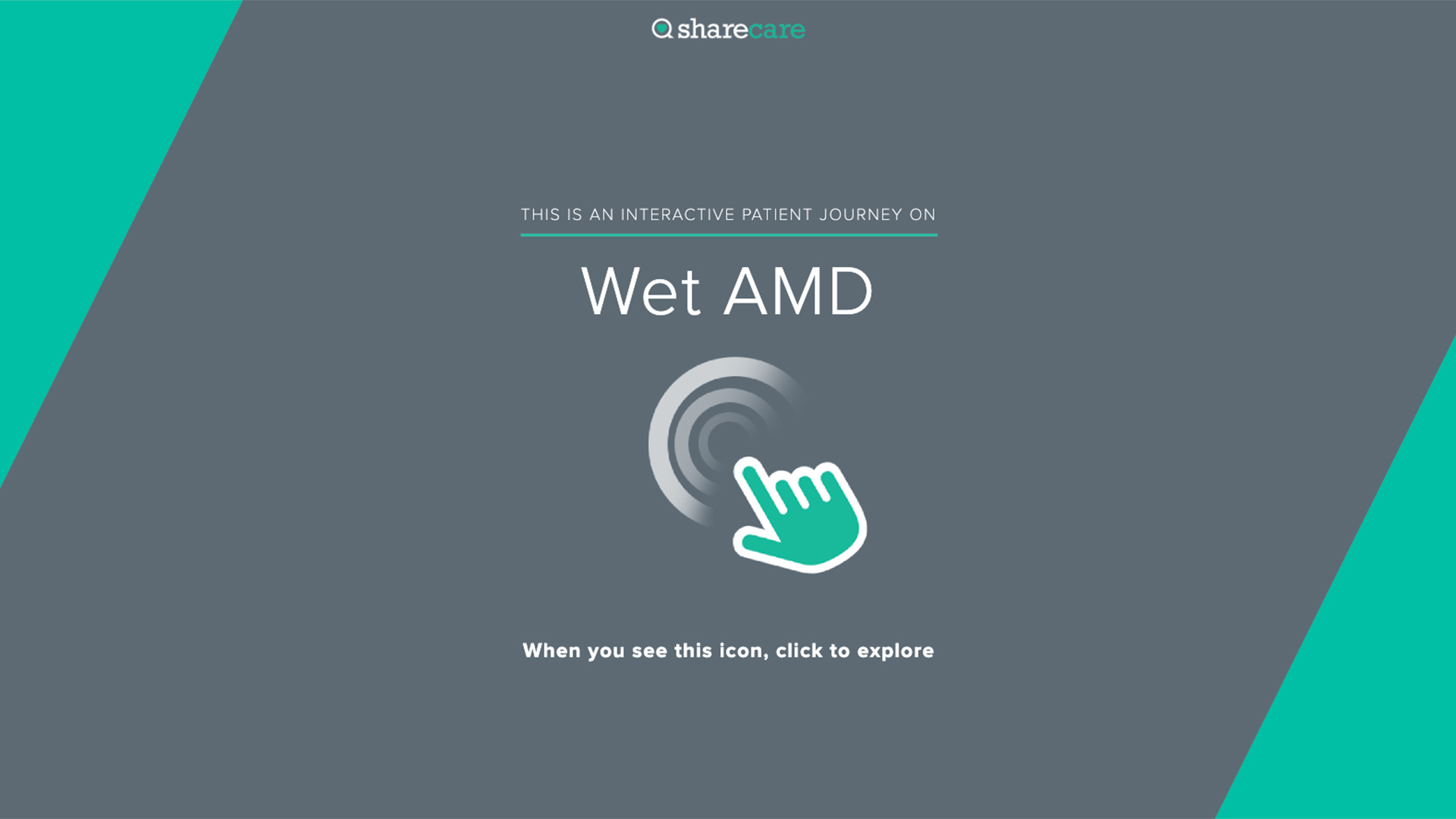Updated on August 12, 2024
The main treatment for wet age-related macular degeneration (wet AMD) is anti-VEGF therapy. VEGF is vascular endothelial growth factor, a protein associated with the formation of the abnormal, leaking blood vessels that are the characteristic symptom of wet AMD.
Injections of anti-VEGF medications block this protein from working, which helps slow the progression of vision loss caused by wet AMD. In many cases, anti-VEGF therapy improves how well a person with wet AMD can see.
In healthcare, something that prevents a person from seeking treatment or receiving treatment is referred to as a barrier. For people living with wet AMD, one of the most common barriers to treatment with anti-VEGF therapy is the cost.
If you or a loved one is living with wet AMD and are concerned about the cost of anti-VEGF therapy, there are a few strategies that may help.
Talk to your healthcare provider
For any concern about treatment, your first conversation should be with your healthcare provider. This includes concerns about the cost of treatment. Remember, your healthcare provider is there to help you find solutions, whether those solutions are medications that can help you, or strategies that can help you access those medications.
For example, there are several anti-VEGF drugs available. The cost of anti-VEGF therapy can vary depending on the specific drug being prescribed, your insurance coverage, and the frequency of doses that is required. These differences in cost should be a consideration when choosing a medication, and are worth discussing with your healthcare provider and your insurance provider. If possible, you may be able to opt for a less expensive medication.
In some cases, your healthcare provider may be able to use a sample dose of an anti-VEGF medication, which can be useful for a person who needs to begin treatment soon but needs time to figure out some of the details, such as insurance and cost.
Copay cards and patient assistance programs
Some drug manufacturers offer programs that help lower the cost of their medications. This is another strategy worth discussing with a healthcare provider or pharmacist—or looking into on your own. The two main types of savings programs are:
Copay cards
Also known as copay savings programs, copay cards are typically for people who have private insurance (such as insurance through an employer) or commercial insurance (that they have purchased on their own). Participants are issued a card that will be presented to the provider’s office staff when paying for treatment. The card information will be entered with insurance information, and the discount applied.
Patient assistance programs
Typically, patient assistance programs (PAPs) are for people who are uninsured or underinsured and will not be able to cover the cost of a needed medication. Eligibility requirements—and the enrollment process—will vary from program to program.
Information about copay cards, patient assistance programs, and other forms of manufacturer-sponsored financial assistance programs can be found on a drug manufacturer’s website.
State Pharmaceutical Assistance Programs
Beyond assistance programs sponsored by drug manufacturers, many states offer assistance programs on medications, called State Pharmaceutical Assistance Programs (SPAPs). Again, eligibility can vary from program to program and medication to medication. You can check for programs in your state by visiting the National Conference of State Legislatures.
Beware of scams
Medical and prescription discounts are frequently used to lure people into scams, including scams that collect things like personal information, credit card numbers, and banking information. Be wary of any discount program that charges a monthly fee, any program that is advertised over text messages or cold calls, and always check a company’s credentials.
If you believe you are being targeted by a scam, you can contact the Federal Trade Commission Report Fraud website at reportfraud.ftc.gov.






